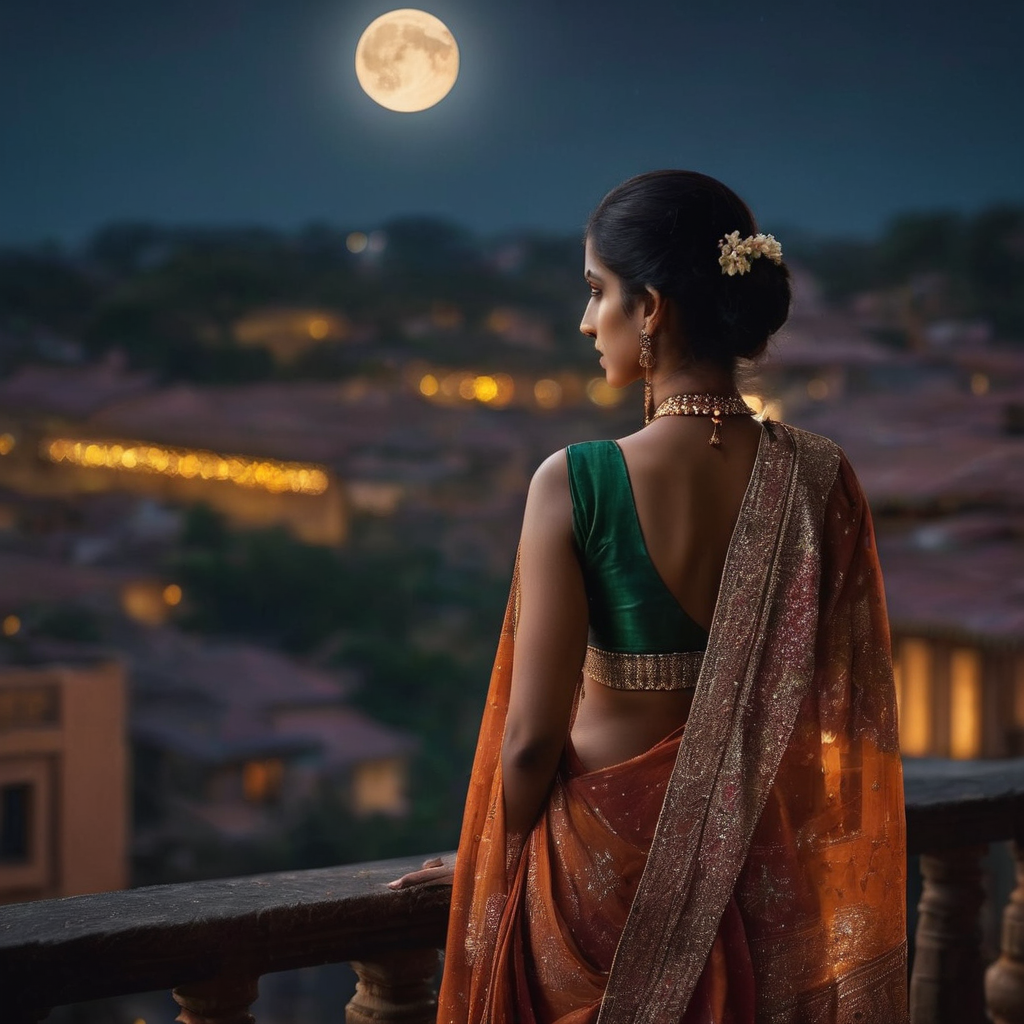Few of the fasts that are special include Karva Chauth and Sakat Chauth where each has its own intention and rituals distinctively. As we unwrap the intricacy of these festivities, let’s delve into their observed rituals and how important they are.
Karva Chauth:
Karva Chauth is celebrated in the month of Kartika (Oct-Nov) on Krishna Paksha’s fourth day, which falls under the waning moon phase.
The main intention of Karva Chauth centred upon the life and health life span of the husband. Married women observe a one day fast which involves no intake of food and water from the time sun rises till moon rising. This ritualistic practice involves henna application of intricate patterns on the hands, dressing traditional outfit and praying as the moon rises. The fast is traditionally broken by sighting the moon and prayer is offered for the success of the husband.
Sakat Chauth:
The festival of Sakat Chauth, also known as Sankashti Chaturthi is celebrated on the fourth day (Chathurtha) of Krishna Paksha during Magh (Jan – Feb).
What makes Sakat Chauth special is the mission—the welfare and prosperity of children. Mothers observe Nirjala fast which continues from dawn to dusk. The fast ends with serving water to the moon at night. Sweet food items such as the ones made from sesame seeds and jaggery form an important part of the festivals..
Differences:
- Fasting Duration:
- Karva Chauth: Extends from sunrise to moonrise, spanning the entire day until the moon is sighted.
- Sakat Chauth: A day-long Nirjala fast observed from sunrise to moonrise.
- Purpose of Fasting:
- Karva Chauth: Focused on the well-being and longevity of the husband.
- Sakat Chauth: Dedicated to the well-being and prosperity of children.
- Deities Worshiped:
- Karva Chauth: Involves worship of Lord Shiva, Goddess Parvati, and Lord Ganesha.
- Sakat Chauth: Primarily worships Lord Ganesha.
Though Karva Chauth and Sakat Chauth are the occasions for fasting, the apparent differences lie in prayer and the gods worshipped. Karva Chauth focuses on well -being of husbands while Sakat Chauth is a heartfelt prayer for good health and prosperity of children. These practices not only demonstrate the variety within Hindu traditions but also represent devotion and importance of family ties.

